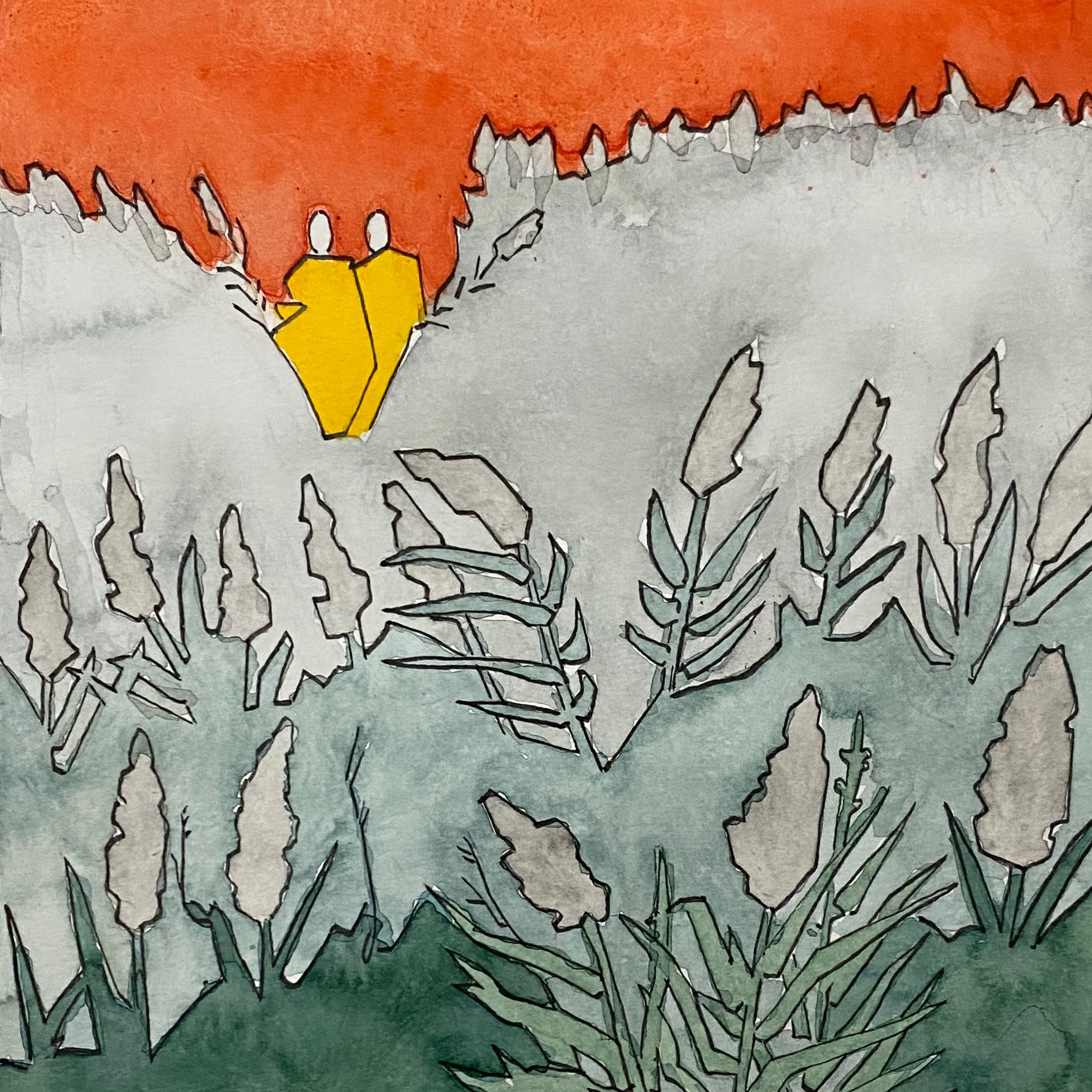
Beneficial Skeleton!
Herein a mendicant cultivates these limbs of wisdom! Mindfulness, Investigation, Energy, Levity, Tranquillity, Immersion, Equanimity; which are based on seclusion, on dispassion, on cessation, and ripens into the surrendering of a self!
Being in the presence of a SKELETON, or thinking seriously about the idea, is very fruitful and bountiful! You can expect one of two results: enlightenment in the present life, or if there’s something left over, non-return! It is conducive to great benefits! — to a great sanctuary from toil! — to great inspiration! — to a great ease of living!

How do you cross reedy waters so full to the brim a crow could drink?
‘Those crossing reedy waters, make bridges over the muddy marshes;
Aloft goers follow after, those who have reached the other shore evidently went!’

Jataveda Goes Around!
‘With tender wings that’ve never failed, And tender legs that’ve never tripped;
Parents both abandon, When the Fire (Jataveda) goes around!’

Why OLD SICK DEAD?
OLD SICK DEAD; are known as the Messengers that the Buddha encountered that started him on his journey - and he recommended to contemplate them daily!

Restoration of a Paracas Textile!
In order to fight the obvious vaulting of these masterpieces and the erasing of the heritage of the Peruvian people, I lovingly restored this glyph to share with you!

Where is the Choicest Cut?
“Where is the choicest cut? If all my cuts are my best cut!”
- the Butcher

Tigers Hunt Nibbana!
“It is for the sake of friendly neighborhoods that sanctuaries shrink! When the wise cut down condemn-ably scary trees!
It is for the sake of friendly neighborhoods that sanctuaries grow! When the wise conduct all life’s duties by the cut of the moon!
Come now, tigers can’t return to live in the jungle! With the moonlit forest cut tiger-less, tigers hunt Nibbana!”
Byagghajataka JA 272

The Adamantine Eyes on the Stupa!
The Buddha’s Eyes on the Stupa are said to be Adamantine and All-Seeing. They are described as hard because it is hard to look out at the mass of suffering and not hate it, and not try to control it. It is a gaze of wisdom and compassion.
